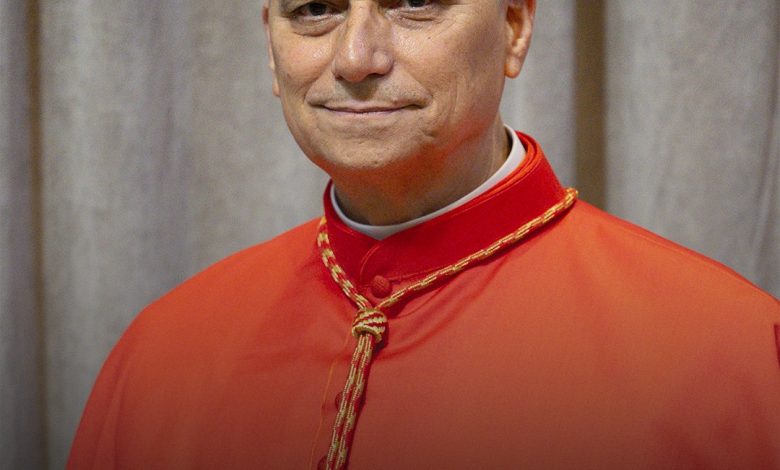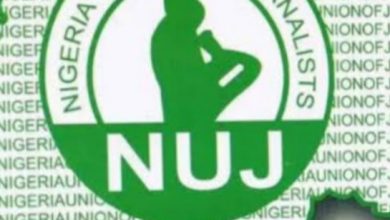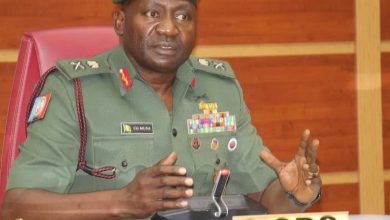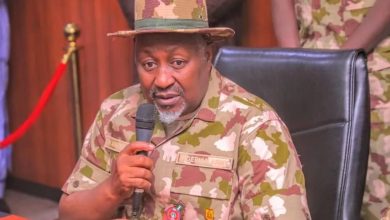
Vatican has announced the election of Cardinal Robert Francis Prevost as Pope Leo XIV on May 8, 2025, following Pope Francis’s death, marking the first American pope in history, a significant shift given the traditionally European-dominated papacy.
The phrase “Habemus Papam” (“We have a Pope”) is a traditional Latin announcement used since at least 1484 to declare a new pope, delivered by the senior cardinal deacon, reflecting a centuries-old ritual of the Roman Catholic Church.
Robert Francis Prevost, born on September 14, 1955, in Chicago, Illinois, is an American Catholic prelate who made history on May 8, 2025, by being elected as Pope Leo XIV, the first American pope and the 267th pontiff of the Roman Catholic Church. His journey to the papacy is marked by a blend of pastoral work, missionary service, and high-level administrative roles within the Church, reflecting a career that bridges grassroots ministry with Vatican governance.
Early Life and Education
Prevost grew up in Chicago, where he spent the early part of his career with the Augustinians, a religious order known for its focus on community life and service. In September 1977, at the age of 22, he joined the Order of St. Augustine, taking his first vows in September 1978 and his solemn vows in August 1981
. He pursued theological studies at the Catholic Theological Union in Chicago, earning a Master of Divinity degree in 1982. This educational foundation in one of the U.S.’s prominent theological institutions equipped him with a strong grounding in Catholic doctrine and pastoral practice.
Missionary Work in Peru
At the age of 30, Prevost embarked on a significant chapter of his life as a missionary in Peru, where he served from 1985 to 1999, with a brief return to Chicago in 1987 to work as a pastor for vocations and director of missions for the Augustinian province. His time in Peru was formative, giving him firsthand experience in the “peripheries”—a term often used by Pope Francis to describe marginalized communities. Prevost’s work in Peru included pastoral ministry and leadership roles, such as serving as a member of the leadership of Caritas Peru, a Catholic relief and development agency, and later as president of its Commission for Education and Culture in 2019.
This long tenure in Latin America shaped his perspective on social justice issues like poverty and migration, aligning him closely with Pope Francis’s vision of a Church that prioritizes the poor and meets people where they are.
Leadership in the Augustinian Order
Prevost’s administrative capabilities became evident when he was elected prior general of the Order of Saint Augustine, serving two consecutive terms from 2001 to 2013. This role made him the worldwide leader of the Augustinians, overseeing the order’s activities across the globe. His leadership during this period demonstrated his ability to manage a large religious organization, a skill that would later prove valuable in his Vatican roles. After stepping down in 2013, he returned to Chicago, serving as director of formation in the Convent of St. Augustine and as first councilor and provincial vicar of the province of Our Mother of Good Counsel, which covers the midwestern United States, until 2014.
Episcopal Roles and Rise in the Church
On November 3, 2014, Pope Francis appointed Prevost as apostolic administrator of the Diocese of Chiclayo in Peru, elevating him to the episcopal rank as titular bishop of Sufar. He was ordained a bishop on December 12, 2014, the feast of Our Lady of Guadalupe, in Chiclayo’s cathedral, and took canonical possession of the diocese on November 7, 2014.
He served as Bishop of Chiclayo from September 26, 2015, until 2023. During this time, he continued to build on his reputation as a pastoral leader, focusing on education, culture, and social outreach, consistent with his earlier work in Peru.
In 2023, Pope Francis appointed Prevost as Prefect of the Dicastery for Bishops, a powerful Vatican office responsible for overseeing the selection of bishops worldwide, and as president of the Pontifical Commission for Latin America. This appointment elevated his profile significantly, positioning him as a key figure in the Church’s central governance. As prefect, Prevost was responsible for implementing Pope Francis’s motu proprio Vos estis lux mundi, a decree aimed at addressing clergy sexual abuse by holding bishops accountable for negligence or cover-ups.
However, Prevost himself faced controversy related to clergy sexual abuse cases during his tenure, though his supporters have defended him, arguing that the media misrepresented the cases and emphasizing his innocence.
Alignment with Pope Francis’s Vision
Prevost’s views and priorities closely align with those of Pope Francis, particularly on issues like environmental stewardship, outreach to the poor and migrants, and fostering a more inclusive Church through synodality. He has been described as a “vocal proponent” of Francis’s emphasis on synodality, which seeks to make the Church’s structures more participatory and address polarization within its ranks. Prevost’s focus on selecting bishops with a “pastors first” approach mirrors Francis’s own priorities, emphasizing pastoral care over rigid doctrinal enforcement. His membership in seven Vatican dicasteries and the Commission for the Governance of Vatican City State further underscores the trust Pope Francis placed in his administrative abilities.
Path to the Papacy
By the time of the 2025 papal conclave, following Pope Francis’s death, Prevost was widely regarded as papabile—a leading candidate for the papacy. His unique combination of global pastoral experience, particularly in Latin America, and expertise in Vatican governance made him a compelling choice for cardinals seeking a pope who could continue Francis’s legacy while bringing a stronger focus on governance. His election as Pope Leo XIV on May 8, 2025, marked a historic moment, breaking the long-standing tradition of predominantly European popes and reflecting the growing influence of the Americas in the global Church.
Controversies and Challenges
While Prevost’s career has been marked by significant achievements, it has not been without challenges. The controversies surrounding clergy sexual abuse cases during his tenure as Prefect of the Dicastery for Bishops drew scrutiny, as his role involved enforcing accountability for bishops. Critics questioned his handling of these cases, though his defenders argue that the accusations were unfairly reported. This issue highlights the broader challenges the Church faces in addressing the abuse crisis, a matter that likely continues to shape Prevost’s papacy as Pope Leo XIV.




